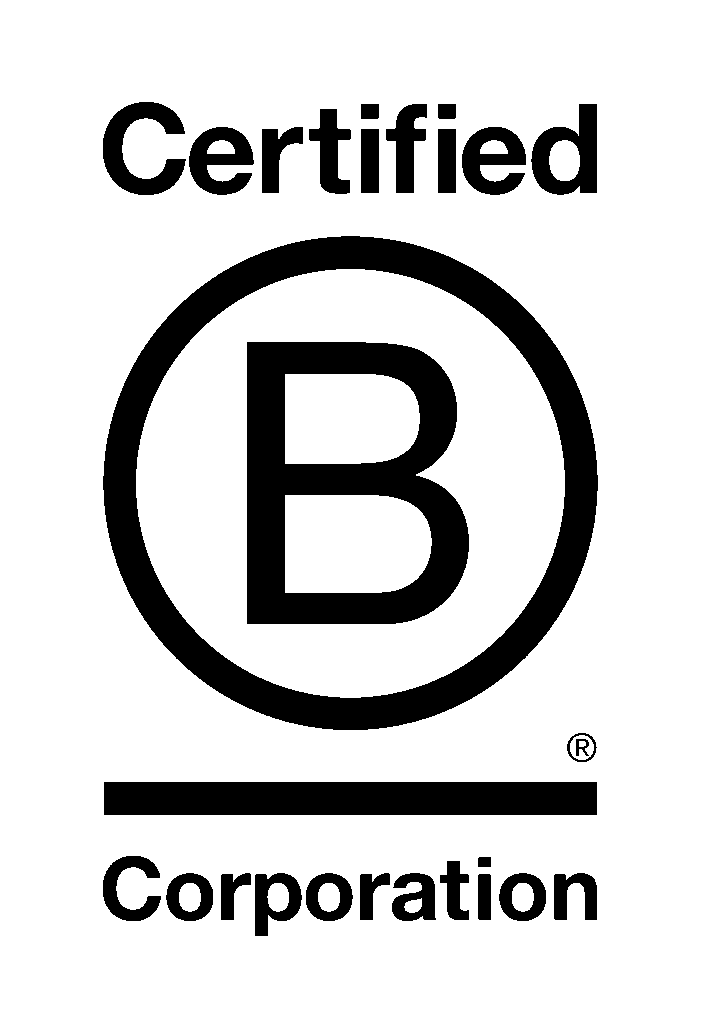Sustainability in Business refers to a company’s strategy and actions to reduce adverse environmental and social impacts resulting from business operations. Additionally, incorporating sustainability related issues into the impacts, risks and opportunities of the business model. Beyond helping curb global challenges, sustainability can drive business success, create operational and cost efficiencies, and develop new growth opportunities.
Sustainability in the Corporate environment has become an increasingly important priority and one that is driving strategic transformation globally. With the pressure to embed sustainability in business practices increasing, the need for a holistic, organized, and systematic approach is required.
What are some of the challenges facing organisations when it comes to sustainability? The first challenge to be addressed should be establishing a sustainability strategy or incorporating sustainability into the current business strategy. Sustainability has long been on the agenda for many companies; however, sustainability actions may be disconnected from their core strategies. Rather than taking a fragmented, reactive approach, treating sustainability as a key issue with a direct impact on results can drive business success. Consequences of not implementing a sustainability strategy could include increased exposure to external events, forcing you company to be reactive., lack of streamlining across departments resulting in lost opportunities and inefficiency, potential for reputational risk, or regulatory fines.
The second major challenge is around data management. Without timely, reliable and consolidated data, sustainability reporting and performance is very difficult to manage. Often this data is required for certifications, regulatory reporting and disclosures, tender processes, and customer/supplier queries. In many cases, sustainability data comes from multiple sources and/or is manually derived. Therefore, it can be susceptible to human error, and the origin of the data may be unknown, or the initial source of the information may be difficult to trace.
The third challenge, and perhaps the most practical, is resourcing and ownership. Who or which department in your organisation will have responsibility for sustainability and / or sustainability reporting and data? This is often an afterthought for many companies and the very large undertaking of preparing sustainability related information and reporting typically lands on one person as a side-of -desk, which quickly begins to take over. To avoid the frustrations and inefficiencies of this challenge there are a number of considerations that may help. Assing your team to determine what skillsets and disciplines across the company that will be needed to carry out the sustainability work (i.e. people from finance, internal audit, facilities/operations, HR, etc.). Also determining the existing level of awareness and understanding around sustainability and how those learning gaps can be closed? This often has the additional benefit of increased levels of engagement in the sustainability project.
Sustainability work also benefits from sponsorship and leaders who can drive the transformation. The wider leadership team plays an important role in collaborating across the firm and delivering on key aspects of the sustainability transition. They play a critical role by contributing diverse experience, resources and perspectives to drive the organisation towards achieving the goals laid out. The collaborator group and wider leadership team have key responsibilities in facilitating knowledge sharing, innovation and implementing sustainable practices.
Together, the leadership and individuals responsible for owning and carrying out sustainability work are the sustainability unit within a business and without them the rest of the work goes nowhere.
The sustainability unit is responsible for:
- Providing or acquiring financial support, funding or investment to fuel requirements of the sustainable transition
- Provide leadership through expertise and knowledge sharing
- Offer technological advancements and innovations that aid in sustainable practices and solutions
- Support sustainable transition by developing policies regulations and advocating for actions that promote sustainability
- Encouraging buy-in through the provision of training, education and awareness across the firm and wider stakeholder group
If pulling a team of dedicated people from within your organisation is not an option, finding outsourcing sustainability support may be the best option. At Pragmatica, we act as an outsourced sustainability partner and provide tailored sustainability services as well as deep expertise, to help our clients to add value to their sustainability journeys.
If you would like more information on bringing a sustainability partnership to your organisation and meeting your specific needs, please get in touch with one of our experts via hello@pragmatica.ie






